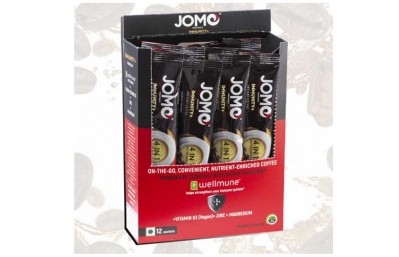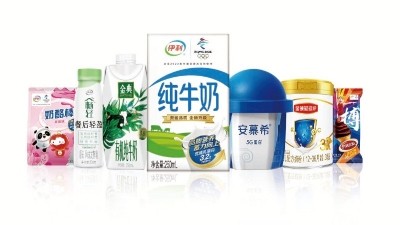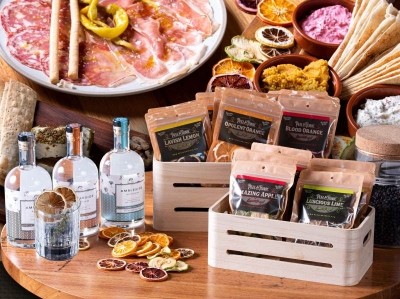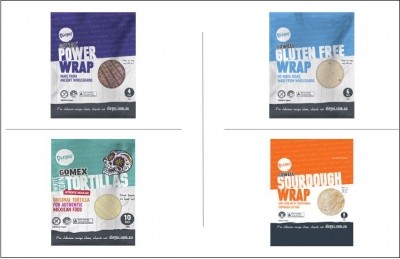Safety First: Food safety updates from South Korea, China, the Middle East and more feature in our-round-up
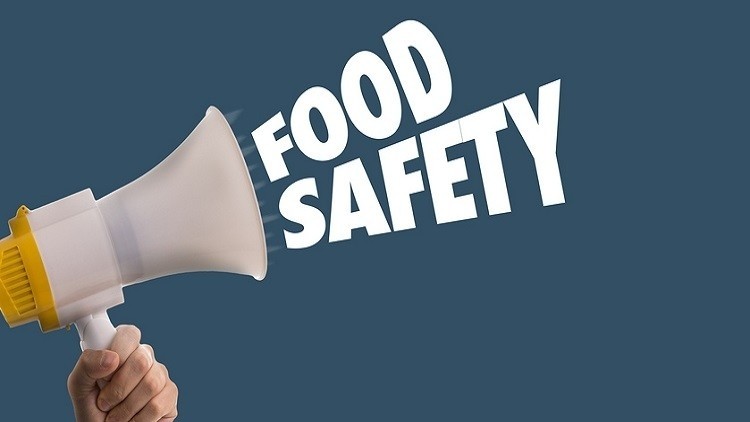
‘Preventing harm’: South Korea treads fine line between meeting plastic waste goals and food safety fears
South Korea has unveiled new rules for using recycled material to make food packaging in an attempt to ‘prevent harm to the public’, while simultaneously pushing towards its 2030 plastic waste reduction goals.
Over the past few years, South Korea has been particularly zealous in creating and enforcing new packaging and recycling standards, including some of the most thoroughly differentiated on-pack recycling symbols in the region and a full ban on the use of hard-to-recycle materials for food and beverage packaging.
In its latest initiative, the local Ministry of Environment (MOE) and Ministry of Food and Drug Safety (MFDS) launched a new set of standards and requirements to govern the use of recycled materials to make new food packaging.
“[As the amount of recycled material in the system increases], there are still concerns that hazardous substances may be transferred into food from packaging made [from these], so these standards and specifications aim to prevent harm to public health whilst still promoting the distribution of [recycled] packaging],” MFDS said via a formal statement.
Food chain woes: Lack of reliable data and understanding on bacterial contamination in Arab countries
Evidence from a review paper has revealed a scarcity of understanding of the magnitude of foodbourne infections in Arab countries.
The study revealed how Salmonella, Campylobacter and L. monocytogenes have been frequently detected in various food types in the Middle East, yet the risk factors of these pathogens are not well studied and incidence of human infections not well documented.
According to the WHO, the MENA region reported the third-highest estimated burden of foodbourne disease per population and came just after the African and the South-East Asian regions.
Researchers acknowledged the differences in pathogen detection rates between the same food categories as well as same origin.
For example, in Egypt, Salmonella rates were detected at 60% and 64% in chicken parts and skin, while in Iraq, occurrence of Salmonella was reported as 16% in imported frozen chicken carcasses.
Food safety first: China issues guidelines for near-expired foods after anti-waste law boosts sales
The Chinese government has published formal food safety and consumption guidelines for products nearing their expiry dates, after a recently-implemented anti-food waste law increased sales.
Near-expired foods are generally pre-packaged foods which are close to but have not exceeded their expiry dates. Chinese consumers have shown rising interest in these products due to the associated cheaper price promotions and offers, particularly in supermarkets where sometimes whole counters are set up dedicated to the sales of near-expired foods.
China’s National People’s Congress Standing Committee passed an anti-food waste law in congress earlier this year in April. Near-expired foods both fit the ideology of this policy, and are generally lower in price, so following the passing of this law, these products saw a boost in popularity locally, leading local authorities to develop specific consumption guidelines for these to prevent food safety incidents.
“Near-expired food is favoured by many consumers due to their lower pricing [so] we have developed these guidelines to give consumers better understanding and consumption practices of these [based on] scientific principles,” said China’s State Administration for Market Regulation (SAMR) via a formal statement.
Infant formula tactics in Vietnam: Industry under fire for allegedly circumventing marketing rules
Breastmilk substitute (BMS) companies in Vietnam have been accused of circumventing the restrictions of infant formula marketing by using products for pregnant and lactating women as an “entry point” to influence the purchase of infant formulas, according to academics.
In Vietnam, national legislations that restrict infant formula promotion has been passed down in recent years.
The International Code of Marketing of Breastmilk Substitutes (the Code) prohibits all forms of promotion of breastmilk substitutes, including advertising, gifts to health workers, and the distribution of free samples. It also prohibits marketing personnel from having direct or indirect contact of any kind with pregnant women or mothers of infants and young children.
Using data from a survey conducted between May and July last year, researchers claim that BMS companies have been circumventing the above restrictions by promoting commercial milk for pregnant and lactating mothers (CMF-PW) – as a first step to reach out to the mothers.
“The BMS industry uses commercial milk for pregnant and lactating mothers as an entry point for accessing women and promoting BMS, justifying the presence of representatives in health facilities by promoting products that are not regulated by the Code.
Shakeup in ashwagandha sector? India’s AYUSH caution against use of leaves in supplements
India’s Ministry of AYUSH has released a statement that advised against the use of ashwagandha leaves in Ayurveda and products for therapeutic purposes.
The ministry said this was because it has not been reported in the classical Ayurveda texts that the leaves of ashwagandha (withania somnifera) were used.
Instead, it was the roots that were reported to be of use in the classical text, as well as the Ayurvedic Pharmacopoeia of India.
The ministry released the notice as it said some of the existing OTC formulations sold in the markets contain ashwagandha leaves.
However, it stressed that “neither their safety and efficacy is vividly studied nor reported in ASU (Ayurveda, Siddha, and Unani) classical texts.”
